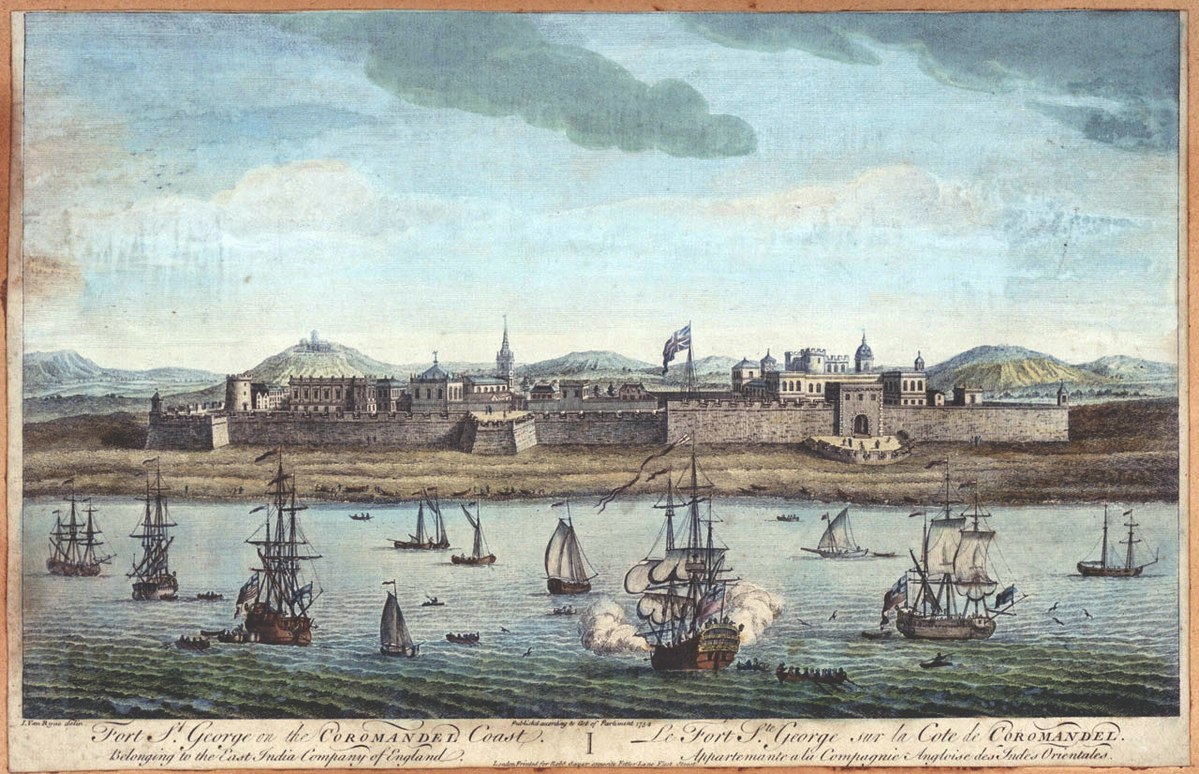
Anglo-Mughal War
Mumbai, IndiaThe Anglo-Mughal War, also known as Child's War, was the first Anglo-Indian War on the Indian subcontinent. The conflict arose from the English East India Company's efforts to obtain a firman for regular trading privileges across Mughal provinces, leading to strained negotiations and increased trade tributaries imposed by the Governor of Bengal, Shaista Khan. In response, Sir Josiah Child initiated aggressive actions aiming to capture Chittagong and establish a fortified enclave to gain trading power and independence from Mughal control.
King James II sent warships to support the Company's ambitions; however, the military expedition failed. Following significant naval engagements, including the Siege of Bombay Harbour and the bombardment of Balasore, peace negotiations were attempted. The Company's efforts to argue against the increased taxes and to praise Aurangzeb's rule were unsuccessful, leading to a blockade of Mughal ports and the capture of ships carrying Muslim pilgrims.
The conflict escalated as Aurangzeb seized the Company's factories and arrested its members, while the Company continued to capture Mughal trading ships. Ultimately, the English East India Company was compelled to submit to the Mughal Empire's superior forces, resulting in a fine of 150,000 rupees and the reinstatement of their trading privileges by Aurangzeb after an apology was issued.
